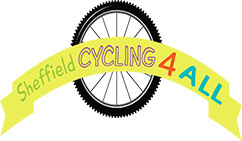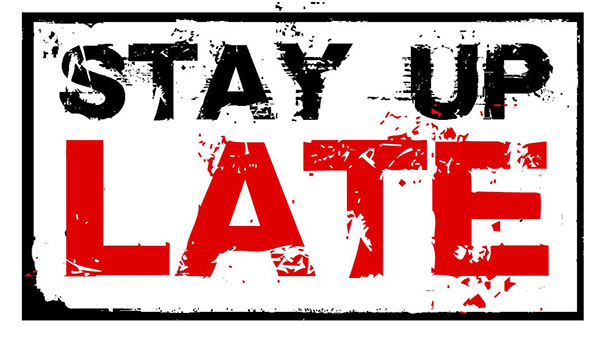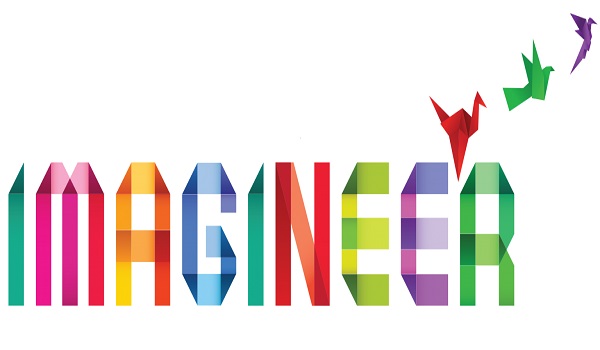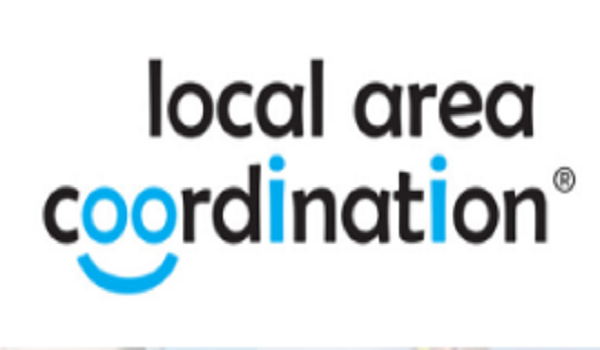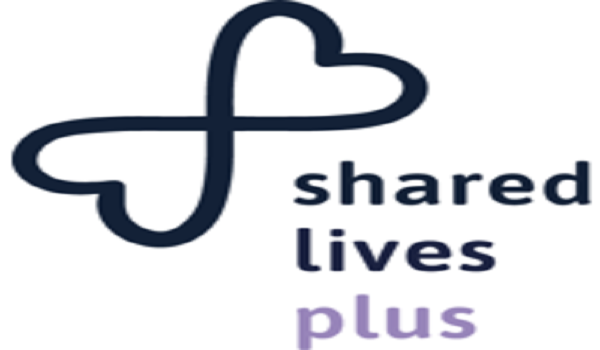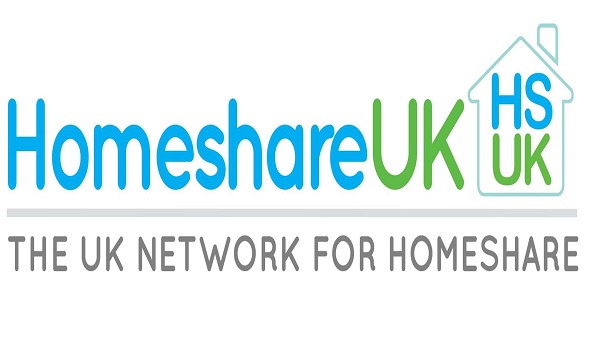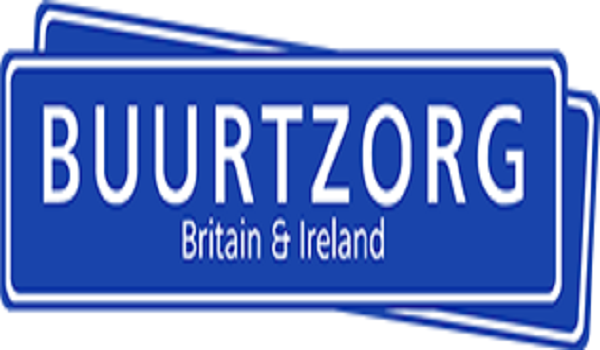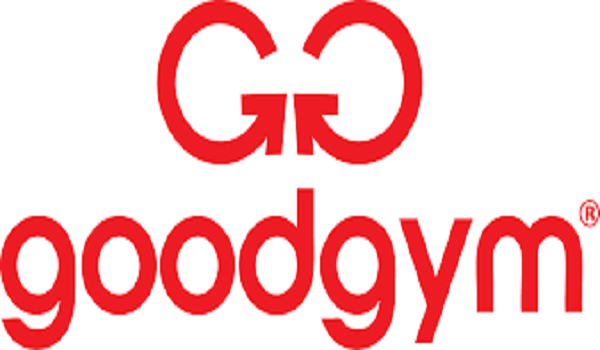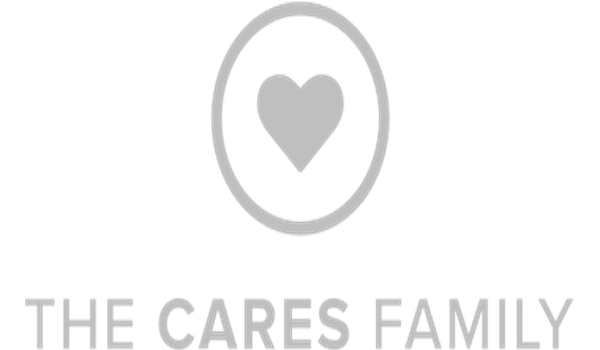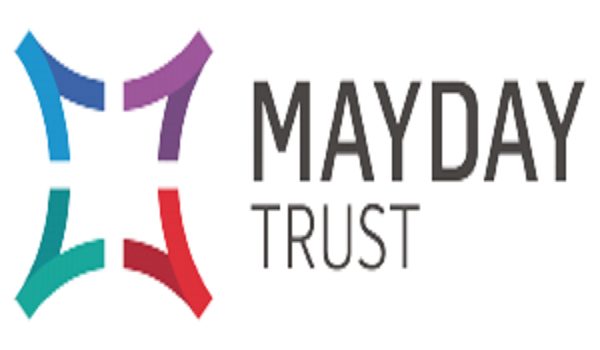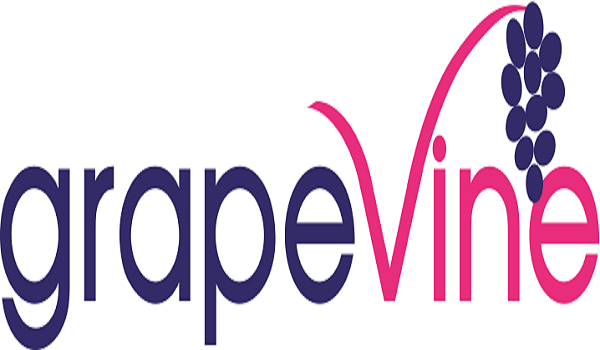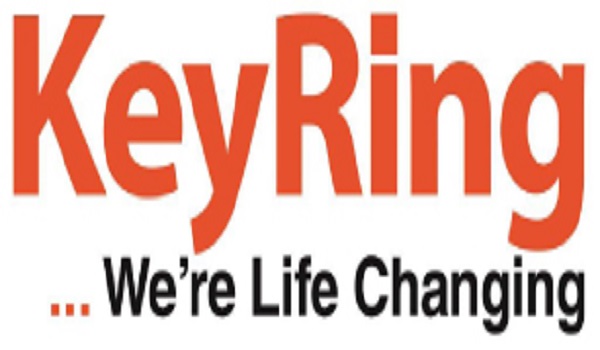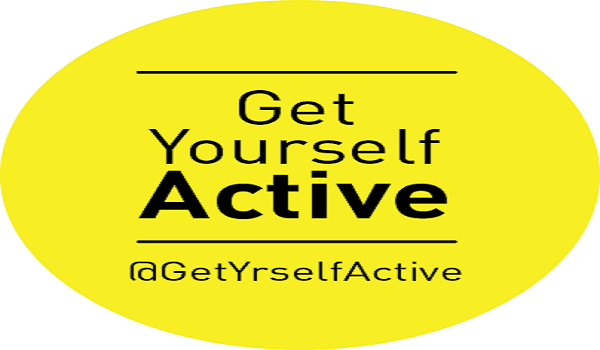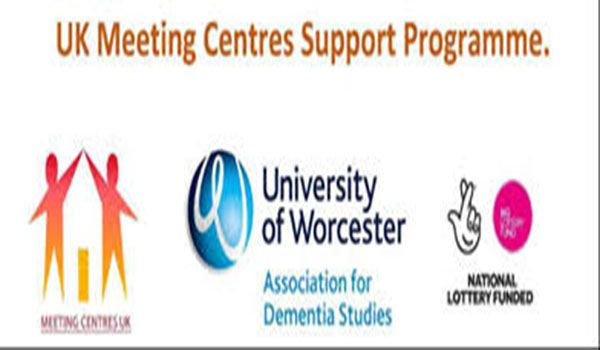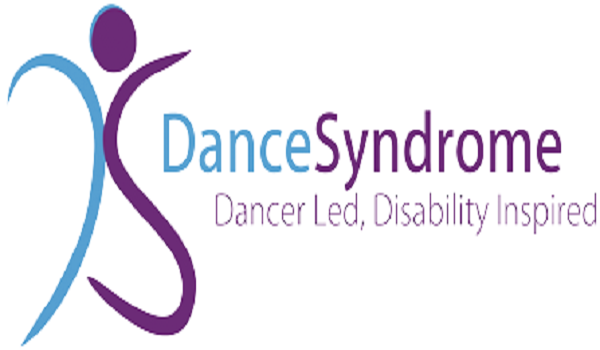What's changed? Community providers response to Covid-19
Coronavirus affects providers, commissioners, families, carers and people in our communities. Social isolation and social distancing have forced organisations to work differently to ensure care and support needs can be met in an ethical way, with empathy and compassion.
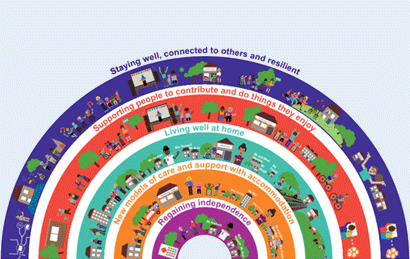
Provider responses
The organisations on the TLAP Directory of innovations in community-centred support tell us how they are working differently. Their responses show that people can still benefit from good person-centred care and support.
Sheffield Cycling 4 All
Sheffield Cycling 4 All is a project run by Disability Sheffield. We have been running inclusive all-ability cycling in Hillsborough park for over 10 years. In response to COVID-19 we are offering -
- Weekly phone check-ins with volunteers and cyclist.
- We run weekly 1-hour Zoom sessions called Move & Chat Inclusive exercise group run by a qualified personal trainer. All our welcome.
- We are getting exercise equipment into peoples homes to help them stay fit and health while isolating.
- We are running an Online Isolation Support Questionnaire so we can sign post people to services
- We have a Free E-trike loan scheme, enabling disabled people to borrow an e-trike and experience the fun, independence and health benefits of cycling in Sheffield
- We are offering a pre booked 1 on 1 cycling service in the park.
http://sheffieldcycling4all.org/
https://twitter.com/cycling4_all
Stay up late
Connecting people to share social activities
Stay up late runs the Gig Buddies project which pairs up people with and without a learning disability to go to gigs together. They have:
- Created a web information page on Covid-19 with a tone of optimism and reassurance
- Phone check-ins regularly with employees, volunteers and 'clients'. The team have a short script with a focus on the future, e.g. "What are you most looking forward to doing when the lockdown ends?" type conversations
- Team check-ins using a couple of 10 minute unstructured Zoom's each week
- Running advisory group meetings via video call
- Coffee mornings which are online drop-ins with no agenda, just a catch up and chat
- Online socials which can be themed around quiz evenings, sing-a-longs, chat shows.
- Launched a ‘Get Connected’ project aiming to get 25 people with learning disabilities set up with a new smartphone so they can not only get involved in our work but also learn how to connect to their friends, family and the wider world.
- Have our own lockdown podcast. The latest version is quite moving, Sas is a young woman with a learning disability, loves football and is gay. It features her and her buddy Laura who got her involved in BLAGSS (Brighton lesbian and gay sports society) – there is also her team mates saying wonderful things about what Sas means to them too. It encapsulates everything Stay Up Late are trying to do; people living the life they want, having good friendships and being a loved member of their community(s).
- See Stay up Late's guide to lockdown
Imagineer
Imagineer are:
- Live-streaming Beat It nights with a live set and a DJ taking requests into the night, and running a Zoom call at the same time for people to catch up with each other
- Moving Beat It sessions online and set people up for online sessions
- Outsiders rehearse together and write songs using Skype and Zoom
- Gathering unused music equipment and night club props
- Running weekly Brew Crew online for people to chat and share ideas
- Developed Covid information and resources for people who employ their own teams. This is available for anyone to use. People across the country are thanking Imagineer for this resource and explaining how they would use this in their local area.
- Developed a 'Support Your Street' Pack for anyone wishing to volunteer locally.
Community Catalysts
Helping people to live well at home, Community Catalysts have:
- Regular GoTo Meetings to link with staff working at home. There have been huge benefits as they now connect with peers on a weekly basis
- Catalysts are using Zoom to run peer sessions or start up surgeries with local entrepreneurs along with established What’s App/Facebook groups
- Small Good Stuff provides us with the platform to update all staff and enterprise leaders daily with information on Covid 19
- On the 5th May, The Buzz was launched. This is a collation of free videos and activities that people can do at home and is updated weekly.
Sian Lockwood, Chief Executive has also described her life in isolation. View the You Tube video
Read the blog: Small good stuff achieves great things
Local Area Coordination
- Local Area Co-ordination is government led so has had to meet the new duties and area plans.
- Most coordinators run virtual hubs for their areas and take “complex” introductions from colleagues in call centres
- Many are 'in the community” as much as possible, coordinating distributions of food and medicine.
Examples of individual stories:
- A lady who has struggled with using the phone is now confidently video calling and is encouraged to see faces online
- A man with learning disabilities is communicating with his coordinator and others by sending photos and texting
- A coordinator and elderly lady sing together on the phone and attend a Zoom choir
- One coordinator delivered mobile phones and is teaching people how to use them
- The Network has adapted how it coordinates information with a focus on debriefing, wellbeing, sharing good news and learning; documenting rebuilding and recovery. They record a podcast for Network members and are building stronger links with other organisations who share similar visions/missions
- Read about how organisations and communities have come together in York during the Coronavirus pandemic
Shared Lives Plus
Community alternative to residential care
- Shared Lives carers are taking on extra responsibility for people who have to stay at home, or others who have lost their income they usually receive from offering day support
- They have developed a helpline for Shared Lives carers to help with positive behaviour support and launched an information service for non-members
- They have encouraged Shared Lives carers to connect with others, make emergency plans and stay active, and explore new ways to offer shared living to people, for example, responding to the NHS hospital discharge plans
Homeshare
Matching householders with people in exchange for support
- Homeshare organisations that are supporting Homeshare matches are still supporting these households
- Homesharers are becoming more important than ever to the people they live with, bringing supplies and prescriptions. They provide vital companionship and support in the home and reach friends and family via online platforms.
This interview on the Times podcast shows how one Homeshare household is coping.
- There’s an increase in the numbers of people enquiring about Homesharing so as not to be alone during isolation
- New matches are being made under best practice guidelines and where it is safe to do so
- People are also being signposted to local initiatives and networks and supported by phone and online.
Homeshare is still still open for business, please see this blog in respect of the Covid 19 response and the power of companionship.
Buurtzorg
Pioneering approach to neighbourhood care and self-managed teams
Buurtzorg Britain & Ireland provides learning and development to organisations inspired by its model of neighbourhood care through self-managed teams. It has changed its offer by:
- Producing online materials for the crisis period and beyond, as part of a blended learning programme
- Adding materials to the Buurtzorg Community online portal for nurses and care workers to learn from each other
- Running a series of webinars in the lead up to the Caring Places – Building Healthy Communities conference which has been postponed until 20 April 2021. Upcoming webinars can be found here.
Listen to Buurtzorg's webinar on what they have learnt during Covid 19: 'Caring places, building healthy communities, 07/05/2020' with Brendan Martin and Jos De Blok.
Goodgym
Combining getting fit and doing good
GoodGym’s goal has been working towards happier, healthier and better-connected cities. The coronavirus is a direct challenge to all three goals. It drives GoodGym apart, it risks the team’s health and it dampens their spirits. In these times, when Goodgym can no longer meet in groups, they’ve redefined what they do to meet this challenge.
- Missions will now focus on safe food delivery to isolated people who are most in need during the coronavirus outbreak and supporting hospital discharge teams.
- Community missions will focus on supporting the organisations that provide essential support to services, including the health and care systems and foodbanks.
- Working with Local Authorities, the Red Cross and other partners
- Roll out more training to staff
- Online ‘GoodGym Fitness Challenge’ - continuing to support the GoodGym community with online fitness sessions and challenges, working with local trainers, taskforce and run leaders across 58 areas to move the fitness element of GoodGym to online support
Here are some case studies in response to the new mission: Case studies making a difference
Here are some case studies of GoodGym members getting involved in a more informal way: Case studies informal support in local areas
The Cares Family
Bringing people together to bridge the generational divide
The Cares Family suspended face-to-face programmes bringing older and younger people together in March. It has re-invented its work to help the generations stay close and connected from afar, and to reduce social isolation at a time of physical distancing by introducing:
- Phone a Friend – enabling its network of young people to phone older neighbours more easily, so that friendships and support can still be offered one-to-one
- Online Social Clubs – hosting online dance parties, singing activities, exercise sessions, and discussion groups for older people to stay connected to their communities
- #AloneTogether – sending 3,800 packs of poems, games, stories, recipes and quizzes from younger to older neighbours, with responses in return
- Outreach – supporting older people with food and prescription deliveries and referrals onto health agencies and other support.
Mayday trust
Supporting people trhough tough times
Mayday’s coaches are exploring new options with people to work in a person-led ‘physically distant, not socially distant’ way.
- Noticed that people are opening up new ways to connect with their community as the power dynamic has shifted
- Coaching has continued through Facetime, telephone calls or through hand written cards for those who prefer
- Coaches have been going on ‘virtual walks’ with people via video calls, taking part in shared interests such as reading the same books, joining people in virtual interest groups and online community coffee meet ups
Remaining person-led, opening up communities in new ways and avoiding projecting personal fears has been at the heart of Mayday practice and reflection.
A blog by CEO Pat McArdle Communities can achieve more than any state or service response when they work together.
Grapevine Coventry and Warwickshire
Tackling isolation and disadvantage to build better lives
Co-creating innovation across the system
Grapevine is finding new ways to power up its mission to tackle loneliness and isolation in communities. Grapevine’s focus is on strengthening and keeping well 500-plus isolated people they were already working with when the crisis struck. Some of the ways they’re doing this include:
- Helping people connect using online platforms, ensuring isolated and lonely people still have others to turn to
- Connecting for Good Cov organisers are bringing communities together to help create solutions to isolation through Collaboration Station and consolidating people’s social action skills in the newly-formed Changemaker University programme
- Hosting weekly Accelerate digital coffee mornings, focusing on employment and well-being
- Contacting people daily through Help and Connect, co-creating plans for their future and signposting where necessary
- Skilling up individual people to use different technologies, finding a way that works for them
- Using monthly digital team and weekly project meetings to evolve best practice, promote staff well-being and share updates.
Watch the Collaboration Station story: You Tube
KeyRing
Creative approaches to supporting people
Flexibility is something that KeyRing prides itself on. Covid 19 has really tested just how flexible it can get. KeyRing’s priorities are to keep people safe, well and connected. They:
- Still support some people face to face. Others are supported through video chat and telephone
- Peer support continues through localised WhatsApp groups, Facebook groups and other platforms including Penpal exchanges
- Support flexes to each individual. Some people take KeyRing on weekly virtual tours of their house so they can check everything is ok. Others are encouraged to talk whilst on a daily wellbeing walk
- Have also sent many activity packs to keep people entertained
- Working hard to ensure teams are keeping connected and looking after their own wellbeing.
Read about KeyRing's response to Covid-19 in Newcastle
Read Keyring's blog When life is unreal, how are we Making it Real
Tempo Time Credits
Earn and spend time credits in the community
Tempo have launched a new dedicated platform for responding to the crisis:
- Networks share support across local communities
- Members are being offered ways to stay well and connected with their communities virtually
- They are running online events, training, nationally and locally, to share learning and best practice
If you’re a group with volunteering needs, or an organisation who could offer virtual experiences, Tempo Time Credits want to hear from you – visit tempocommunities.com or call 02920 566132.
Get yourself active
Helping disabled people lead change in health and sport
The Get Yourself Active team are talking to disabled people and Disabled People’s User Led Organisation partners to find out more about the implications of Covid-19 and how they can amend project plans. Some of the changes include:
- Prioritising access to online support, including the development of online toolkits
- Collecting resources for adaptable workouts that people can do them in their own homes, with the aim of sharing stories of people staying active
- Working on creating a webinar that can support disabled people to stay both mentally and physically well at home.
UK meeting centres
Social club for people and families affected by dementia
Meeting Centres from the UK Meeting Centres Support Programme are supporting members and family carers isolated at home via Virtual Meeting Centres (VMCs) and the type of support includes:-
- The use of technology such as Zoom to facilitate regular sessions of an hour and a half of activity which include singing, quizzes, poetry and support for all members plus separate carer sessions
- One-to-one support via FaceTime and WhatsApp
- Activity packs (music and art) delivered as a wellbeing ‘visits'
- Handwritten letters and cards
- Weekly newsletters/round-ups covering e.g. bird bingo, sunflower seed competitions, word search, nature watch, recipes
- Seated exercise videos posted on social media
- Regular telephone calls/telephone buddies.
Dance Syndrome
Inclusive community dance workshops
DanceSyndrome continue to live their values and are doing everything they can to stay positive, connected and resilient. They are:
- Offering online dance sessions on YouTube free of charge and are asking for donations from supporters
- Doing detailed planning for when they are able to relaunch their community dance work and fundraise for the future
You Tube: https://www.youtube.com/channel/UC7HCxumGLOPXF-Jodw0gkjw/
View innovations in community-centred support directory
Support for local authority commissioners to reimagine how social care can be provided in the community to enhance wellbeing, resilience and choice.

